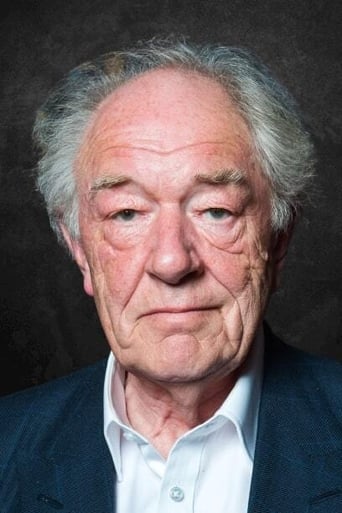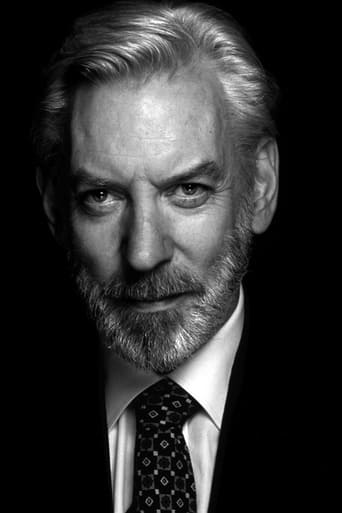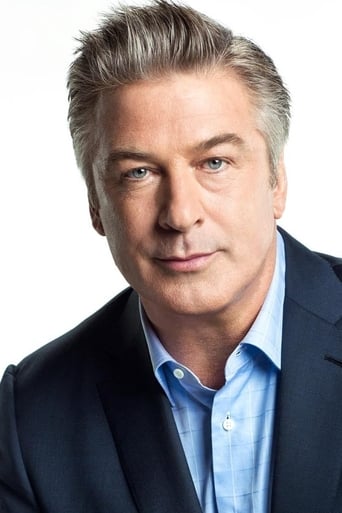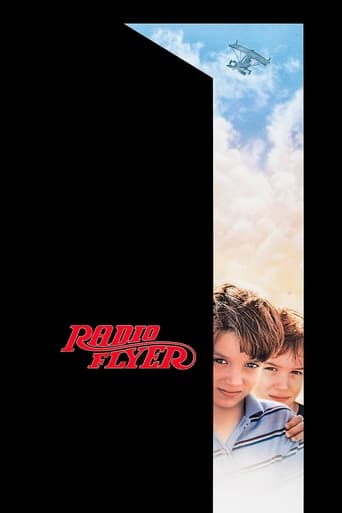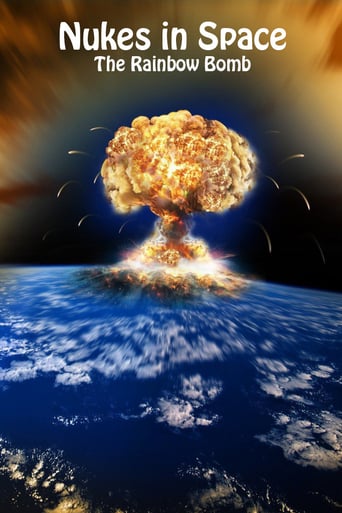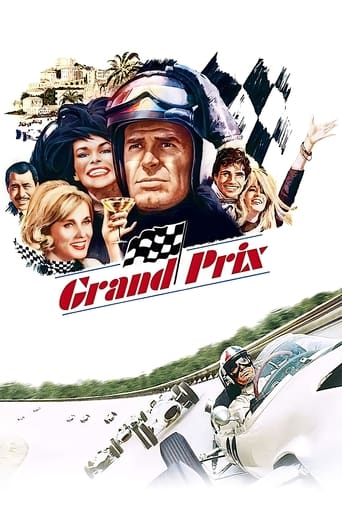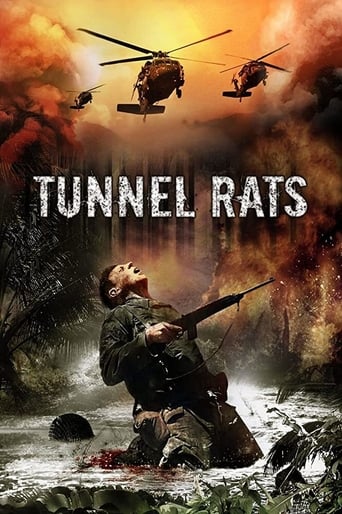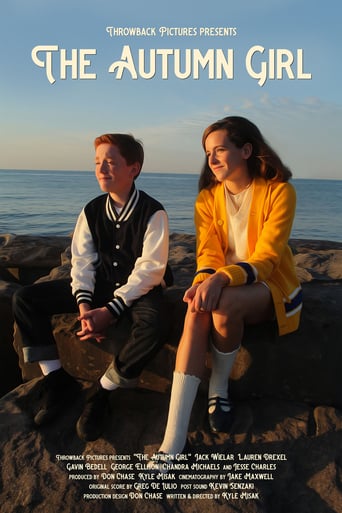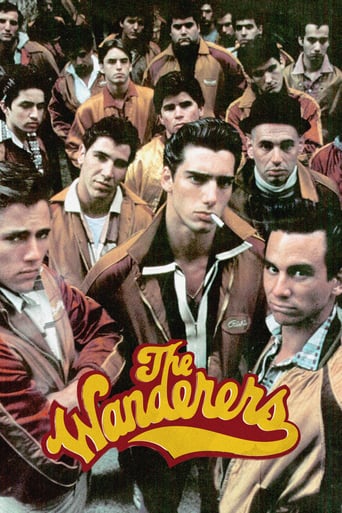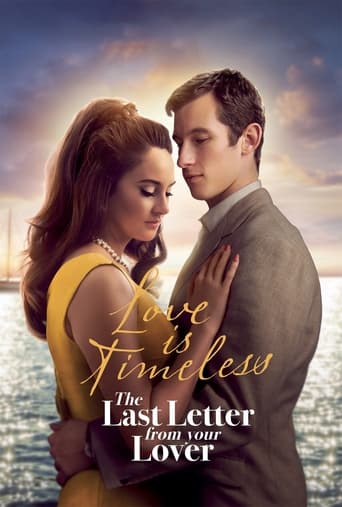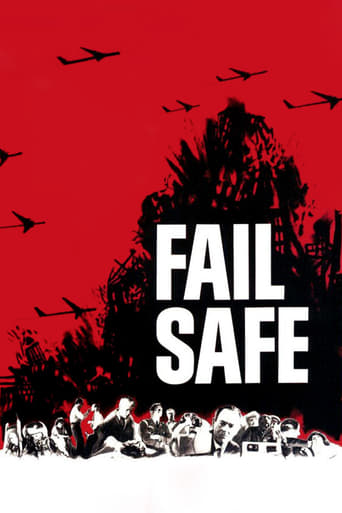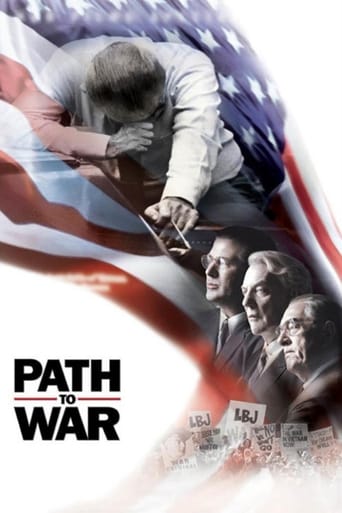
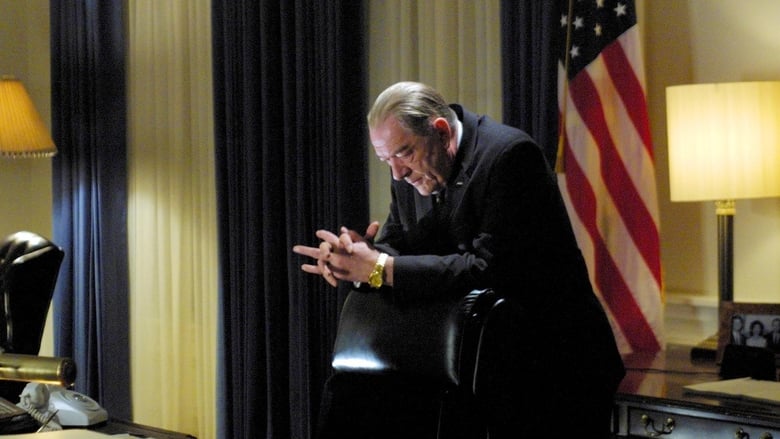
Path to War (2003)
A powerful drama of soaring ambition and shattered dreams that takes a provocative insider's look at the way the USA goes to war—as seen from inside the LBJ White House leading up to and during the Vietnam War.
Watch Trailer
Cast


Similar titles
Reviews
This is a good movie, and includes some very good performances. It is not a great movie, however. While the writer understood that the complexity of the Vietnam "problem" lay in the various individuals involved in "The Path to War," he misunderstood where the contradictions and conflicts of those characters lay.For example, given the material, and in spite of a peculiar attempt at LBJ's Texas accent, Michael Gambon acquits himself well as LBJ. He has the mannerisms down pat. And the writer does appreciate LBJ's vulgarity (which could be quite offputting, and was for many people). However, in his attempt to lionize LBJ, he misses the point. LBJ was a politician who got himself elected as a populist candidate with the concept of "The Great Society," but was always supportive of the actions in Vietnam. (For example, the writer conveniently places the *pivotal* Gulf of Tonkin incident outside the scope of the movie and it is only mentioned once, briefly, in an aside. As a result, based on this movie's version of events, and without being aware of the consequences of the Gulf of Tonkin, both domestically and in Vietnam, a viewer would think that LBJ was some kind of benevolent monarch, which actually does him a disservice.) The writer makes LBJ seem like a victim of circumstance, when in fact he was very much of control of events, witnessed by the amount of legislation he put in front of Congress in five-plus years. This is noted in a conversation LBJ has with Lady Bird in the movie, but it is made to seem like LBJ placed the legislation for philosophical and principled reasons, when his primary motivation was based on two things: His best years were as a legislator and he knew that side of the government best, and it was politically advantageous for him to do what he knew best. One could also say that he was dogged by the memory of JFK. He knew he had been elected on JFK's bootstraps, so to speak, and the writer does pay some lip service to this issue. Yet, the writer does not touch on the shame and guilt LBJ felt about JFK's death, which, while he was not complicit, he knew had been politically motivated within the government. And for all his professed desire for social change, he never once called the Warren Commission to task for their idiotic findings, and he was always conflicted about that, as well. It was politically expedient to let it "die," but it was not the right thing to do, and he knew it.All through his Presidency, he felt the Kennedys nipping at his heels, so, for example, he knew if he pushed the Voting Rights Act, he'd not only look good next to the Kennedy legacy, but also have a slew more voters to vote for him the next election. (In one kudo to the writer, he does appreciate LBJ's dislike of Bobby Kennedy, who was, ironically, as political an animal as LBJ himself was. In fact LBJ's assessment in the movie of Bobby as not being "One-tenth the person his brother was" is actually considered by many to be true, and also plays on the truism that we tend to dislike in others what we most dislike about ourselves.)The tragedy, if we look on LBJ as a tragic hero, is that there was no next election for him because of Vietnam. The problem is that the real LBJ had the tragic hero's fatal flaw (in his case, a problematic mixture of indecisiveness and arrogance, which led to poor leadership skills), so when the tragedy comes, it does not bear the poignancy it should. The only time we actually get a glimpse of LBJ's character defects is during one conversation with one member of his staff. (Some might argue that his questions of his cabinet would also demonstrate this deficit, but that was actually one of his strengths: When he did not know something, he was not afraid to admit it and go to the person who did know. This "consensus-building" aspect of his personality was one of the things that made him an excellent legislator.)Did LBJ have some commitment to social change? He did, and it was best demonstrated during his tenure in Congress, representing the people of Texas, not during his tenure as President. The writer does make a brief pass at this when he refers to his regrets at ever associating himself with the Kennedy Presidency, that it was his political undoing. (And many historians do, in fact, believe this is true.)Another character the writer fails to fully grasp is McNamara. McNamara was always full of conflict regarding Vietnam, and yet we don't start to see this in the character until the very end of the movie. Alec Baldwin plays the writer's version of McNamara well, but it was not an accurate portrayal of McNamara, at least not in the eyes of his contemporaries. That is not Baldwin's fault, but the writer and director's fault.Another lost opportunity is Felicity Huffman's portrayal of Lady Bird Johnson. This is an excellent actress who has done the best with what she's given, but she's given so little, when there was so much more to Lady Bird's character at this period in history. The only hint we see is when she reminds LBJ that the footsteps she's following "didn't die." In fact, the offset between Lady Bird's presence as First Lady and LBJ's as President is contradiction that is not even explored - while Lady Bird continued in her desire to see social change (she is rightly credited for having a strong, positive impact on the growing environmental movement, for example), something she had shared with her husband for many years - LBJ is buffeted by political forces that actually pull him away from some of the social idealism that many saw in him in Congress, including his friend Clark Clifford. That juxtaposition would have not only made a stronger movie, but would have been more historically accurate.As for Clifford, that is the one character that comes through fully realized, convincing and true: Donald Sutherland's portrayal of Clark Clifford. (Who was a family friend to our family as well.) The writer has presented his character, and his contradictions, very well, and, as a result, Donald Sutherland, always an able actor, is able to not just make the best of the material, but take it to the award-winning level he achieved.Frankenheimer's direction, as always, is good. But this is not his best movie. It has pacing issues, some throwaway scenes, and some scenes that should have been included and weren't. As a result this is not the best political movie you will ever see. Although, if you consider that the brush used is broad, it does show how complex and political our slippery slope into Vietnam generally was.
This film is a rather sympathetic overview of the Lyndon Johnson Presidency. It's an "insider" look with an almost documentary feel. It focuses on the turmoil within LBJ as a result of his decision to send combat troops to Vietnam, to begin bombing North Vietnam and to escalate the war in general. His major administration agenda, according to this film, was to implement social changes, push civil rights and build schools. Many of these lofty goals were derailed by the escalating cost and national distraction of the Vietnam war. I have to say that Donald Sutherland was magnificent in this film! Alec Baldwin pretty well nailed Robert McNamara, too! Overall, a pretty doggone good film! It is 164 minutes long, but it doesn't seem that long.
Of course, it's a long film as is, but the main defect is not giving more detail in regard to military and political strategies and the "politicking" and real motivations that underlay them. These are touched on, but one supposes within time restrictions they could not have been explored more interestingly. Johnson's character is well presented by the story and by Michael Gambon. The rest of the cast are quite up to his level. Direction is tight, but editing seems chaotic. This may have been intended as hinting at the "chaos" that was "The Vietnam War".
No question this film was well acted and directed (and cast for that matter), but I had a hard time with this films attempt to exonerate LBJ from the damage he did to the country. The film tends to lay the blame at the feet of McNamara, Rusk and others, where the reality is that the president selected these men as his advisors, and the responsibility for this country's single military loss fall squarely on his shoulders. 6/10.


